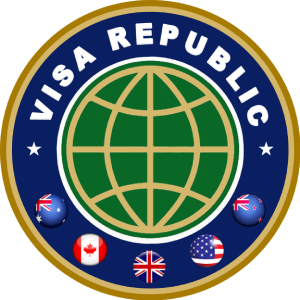Schedule 3 Waivers for Australia
Understanding Your Rights and Responsibilities

Overview of Schedule 3 Waivers
Eligibility Criteria
Application Process
Implications for Applicants
Obtaining a Schedule 3 waiver can significantly impact an individual’s life, offering a pathway to legal residency in Australia under circumstances that would typically preclude such an outcome. However, it’s important for applicants to understand the potential implications, including the non-guarantee of success, the complexity of the application process, and the possible impact on future visa applications. Applicants should also consider the timing of their application, as applying for a waiver does not automatically grant lawful status, and they may remain unlawful until a decision is made.
Conclusion: The Path Forward
Schedule 3 waivers represent a critical component of Australia’s immigration policy, offering hope and a potential solution for those who find themselves unlawfully in Australia but with compelling reasons to stay. The process, while complex, underscores the importance of providing a legal mechanism for individuals in exceptional circumstances to regularize their status. Applicants considering a Schedule 3 waiver should seek professional advice to navigate the intricacies of the application process and to maximize their chances of a successful outcome.
Our Services
- Asylum Seekers in Australia
- Australian Citizenship Applications
- Business Visa for Australia
- Character Waivers for Australian Visa
- Child Visa for Australia
- Condition 8503 Waivers for Australia
- Corporate Migration to Australia
- Education Consultancy for Australia
- Employer Sponsored Visa
- Family & Parent Visa
- Global Talent Visa
- Labour Agreements Visa
- Medical Treatment Visa
- Migration Decision Review
- Notice of Intention to Take Action
- Overseas Business Sponsorships
- Partner Visa for Australia
- Protection Visa for Australia
- Refugee Visa for Australia
- S57 Natural Justice Letter in Australia
- Schedule 3 Waivers for Australia
- Section 48 Bar for Australia
- Skilled Migration Visa for Australia
- Skills Assessments for Australia
- Student & Graduate Visa for Australia
- Visitor Visa for Australia
